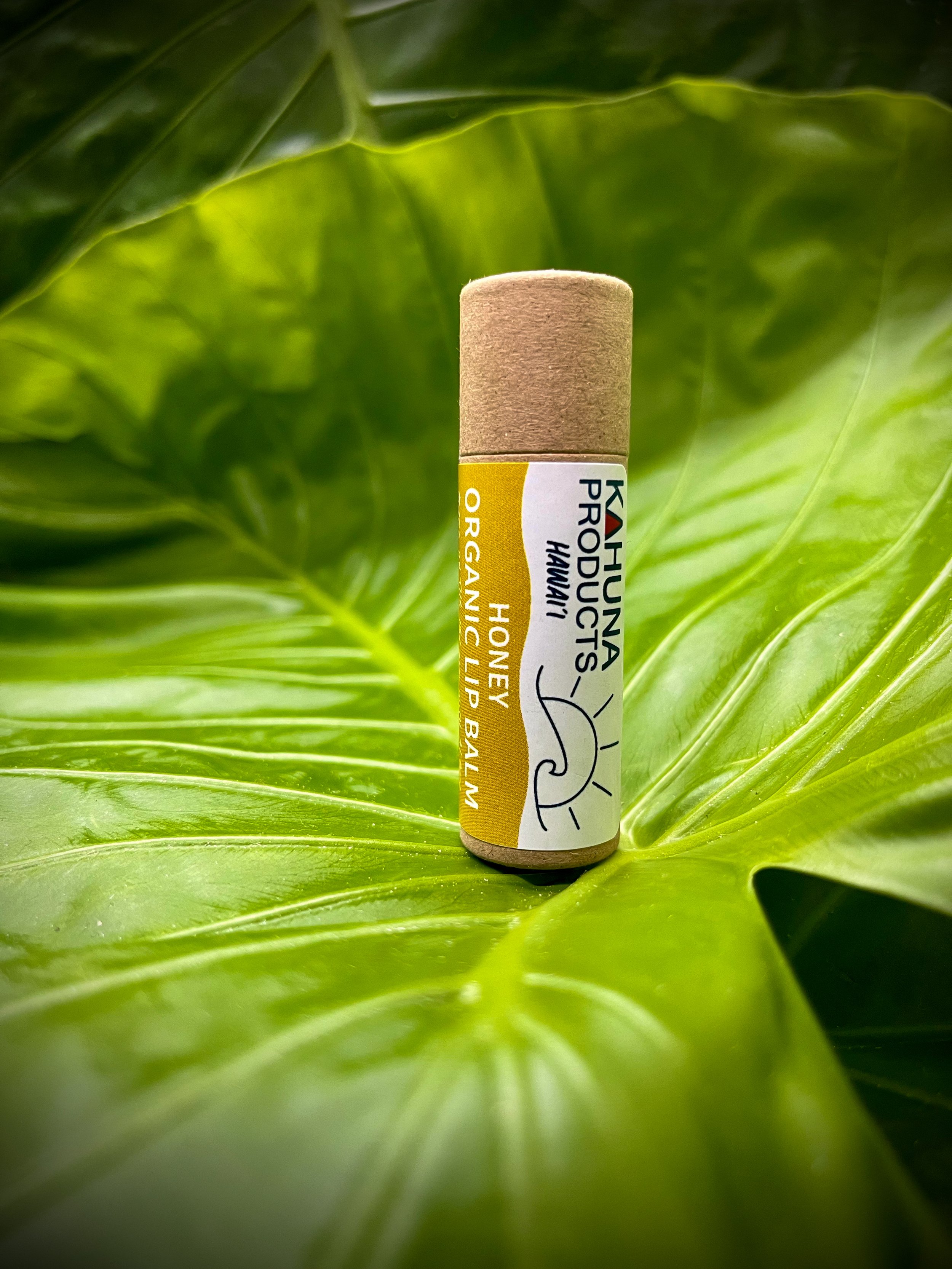 Image 1 of 2
Image 1 of 2

 Image 2 of 2
Image 2 of 2



PEPPERMINT ESSENTIAL OIL
Mentha piperita, commonly known as peppermint, is a popular herb that is widely used for its essential oil. Peppermint essential oil offers a variety of benefits and is frequently utilized in aromatherapy. Here are some of its key benefits and aromatherapy uses:
Relieves Headaches: Peppermint oil has analgesic and cooling properties that can help alleviate headaches and migraines. Applying diluted peppermint oil to the temples or inhaling its aroma can provide relief.
Enhances Focus and Mental Clarity: The invigorating scent of peppermint oil can stimulate the mind and enhance focus and mental clarity. It is often used during study sessions, work, or times when increased concentration is desired.
Alleviates Respiratory Issues: Peppermint oil has decongestant properties that can help clear the respiratory tract, making it beneficial for relieving symptoms of colds, coughs, sinus congestion, and bronchitis. Inhaling peppermint oil vapors or using it in a steam inhalation can provide relief.
Soothes Digestive Discomfort: Peppermint oil is well-known for its ability to ease digestive issues such as indigestion, bloating, gas, and nausea. It can be applied topically or consumed in diluted form (under professional guidance) to alleviate these symptoms.
Provides Stress and Anxiety Relief: The refreshing aroma of peppermint oil has a calming effect on the mind and can help reduce stress and anxiety. Diffusing the oil or using it in a massage oil can promote relaxation.
Muscle Pain Relief: Peppermint oil possesses analgesic and anti-inflammatory properties that can help alleviate muscle pain, soreness, and tension. Topical application through massage or adding it to bathwater can provide relief.
Insect Repellent: The strong scent of peppermint oil acts as a natural insect repellent, particularly against mosquitoes, ants, and spiders. It can be used in a diluted form as a spray or applied to the skin to keep insects at bay.
It's important to note that essential oils are highly concentrated and potent, so they should be used with caution. Always dilute peppermint oil with a carrier oil (such as jojoba, coconut, or almond oil) before applying it to the skin. Additionally, if you have any underlying health conditions or are pregnant or nursing, it's advisable to consult a healthcare professional before using peppermint oil for therapeutic purposes.
Mentha piperita, commonly known as peppermint, is a popular herb that is widely used for its essential oil. Peppermint essential oil offers a variety of benefits and is frequently utilized in aromatherapy. Here are some of its key benefits and aromatherapy uses:
Relieves Headaches: Peppermint oil has analgesic and cooling properties that can help alleviate headaches and migraines. Applying diluted peppermint oil to the temples or inhaling its aroma can provide relief.
Enhances Focus and Mental Clarity: The invigorating scent of peppermint oil can stimulate the mind and enhance focus and mental clarity. It is often used during study sessions, work, or times when increased concentration is desired.
Alleviates Respiratory Issues: Peppermint oil has decongestant properties that can help clear the respiratory tract, making it beneficial for relieving symptoms of colds, coughs, sinus congestion, and bronchitis. Inhaling peppermint oil vapors or using it in a steam inhalation can provide relief.
Soothes Digestive Discomfort: Peppermint oil is well-known for its ability to ease digestive issues such as indigestion, bloating, gas, and nausea. It can be applied topically or consumed in diluted form (under professional guidance) to alleviate these symptoms.
Provides Stress and Anxiety Relief: The refreshing aroma of peppermint oil has a calming effect on the mind and can help reduce stress and anxiety. Diffusing the oil or using it in a massage oil can promote relaxation.
Muscle Pain Relief: Peppermint oil possesses analgesic and anti-inflammatory properties that can help alleviate muscle pain, soreness, and tension. Topical application through massage or adding it to bathwater can provide relief.
Insect Repellent: The strong scent of peppermint oil acts as a natural insect repellent, particularly against mosquitoes, ants, and spiders. It can be used in a diluted form as a spray or applied to the skin to keep insects at bay.
It's important to note that essential oils are highly concentrated and potent, so they should be used with caution. Always dilute peppermint oil with a carrier oil (such as jojoba, coconut, or almond oil) before applying it to the skin. Additionally, if you have any underlying health conditions or are pregnant or nursing, it's advisable to consult a healthcare professional before using peppermint oil for therapeutic purposes.
Mentha piperita, commonly known as peppermint, is a popular herb that is widely used for its essential oil. Peppermint essential oil offers a variety of benefits and is frequently utilized in aromatherapy. Here are some of its key benefits and aromatherapy uses:
Relieves Headaches: Peppermint oil has analgesic and cooling properties that can help alleviate headaches and migraines. Applying diluted peppermint oil to the temples or inhaling its aroma can provide relief.
Enhances Focus and Mental Clarity: The invigorating scent of peppermint oil can stimulate the mind and enhance focus and mental clarity. It is often used during study sessions, work, or times when increased concentration is desired.
Alleviates Respiratory Issues: Peppermint oil has decongestant properties that can help clear the respiratory tract, making it beneficial for relieving symptoms of colds, coughs, sinus congestion, and bronchitis. Inhaling peppermint oil vapors or using it in a steam inhalation can provide relief.
Soothes Digestive Discomfort: Peppermint oil is well-known for its ability to ease digestive issues such as indigestion, bloating, gas, and nausea. It can be applied topically or consumed in diluted form (under professional guidance) to alleviate these symptoms.
Provides Stress and Anxiety Relief: The refreshing aroma of peppermint oil has a calming effect on the mind and can help reduce stress and anxiety. Diffusing the oil or using it in a massage oil can promote relaxation.
Muscle Pain Relief: Peppermint oil possesses analgesic and anti-inflammatory properties that can help alleviate muscle pain, soreness, and tension. Topical application through massage or adding it to bathwater can provide relief.
Insect Repellent: The strong scent of peppermint oil acts as a natural insect repellent, particularly against mosquitoes, ants, and spiders. It can be used in a diluted form as a spray or applied to the skin to keep insects at bay.
It's important to note that essential oils are highly concentrated and potent, so they should be used with caution. Always dilute peppermint oil with a carrier oil (such as jojoba, coconut, or almond oil) before applying it to the skin. Additionally, if you have any underlying health conditions or are pregnant or nursing, it's advisable to consult a healthcare professional before using peppermint oil for therapeutic purposes.
-
INCI NAME: Mentha Piperita (Peppermint) Oil.
ORIGIN: USA. Bottled in Hawai’i.
PART USED: Leaves.
EXTRACTION METHOD: Steam Distilled Essential Oil.
NOTE CLASSIFICATION: Top Note.
-
Peppermint essential oil blends well with several other essential oils, enhancing their properties and creating pleasant aromas. Here are some essential oils that blend nicely with peppermint oil:
Eucalyptus: Peppermint and eucalyptus create a cooling and refreshing blend that is commonly used for respiratory support and clearing congestion.
Lavender: The combination of peppermint and lavender provides a calming and soothing aroma. This blend is often used for relaxation, stress relief, and promoting sleep.
Lemon: Peppermint and lemon create an invigorating and uplifting blend. This combination is often used to enhance focus, boost energy levels, and uplift mood.
Rosemary: Peppermint and rosemary create a stimulating and revitalizing blend. This combination is often used to enhance mental clarity, memory, and concentration.
Tea Tree: Peppermint and tea tree oil create a powerful antiseptic and antimicrobial blend. This combination is often used in skincare products and to support a healthy immune system.
Bergamot: The combination of peppermint and bergamot creates a refreshing and uplifting blend. This blend is often used for mood enhancement and stress relief.
Cypress: Peppermint and cypress create an invigorating and grounding blend. This combination is often used to promote circulation, ease muscle tension, and provide respiratory support.
When creating blends with peppermint oil, it's important to experiment with different ratios and start with small amounts to find the desired aroma and effect. Remember to dilute essential oils properly before using them on the skin or in aromatherapy practices.
-
They can be inhaled directly from the bottle, diffuser, or humidifier.
They should be diluted with a carrier oil when applied to your skin. We suggest a 4% dilution rate.
You can also add them to your favorite skincare products.
Essential oils are not safe for consumption unless you are under a health practitioner's guidance.
-
100% Pure Essential Oil.
Unrefined, Undiluted, No Fillers, No Synthetics, Organic, and Sustainably sourced.
-
0.33 oz / 10 ml
Amber glass bottle with euro dropper.
-
Keep out of reach of children. The bottles are a choking hazard. Avoid contact with eyes, inner ears, mucous membranes, and sensitive areas. If you are pregnant, nursing, taking medication, or have a medical condition, consult a health professional prior to use.
Animals are more sensitive to certain scents; consider your pets while choosing essential oils.
While not all essential oils have the same effect on everyone, the key is finding which ones work best for you. You are the individual and know what is best for you. So experiment and find your path.
The products described on this website are not intended to diagnose, treat or prevent any disease or to affect any structure or function of the skin or body. The information on this website is not medical advice and is not a substitute for consulting with a healthcare provider.








